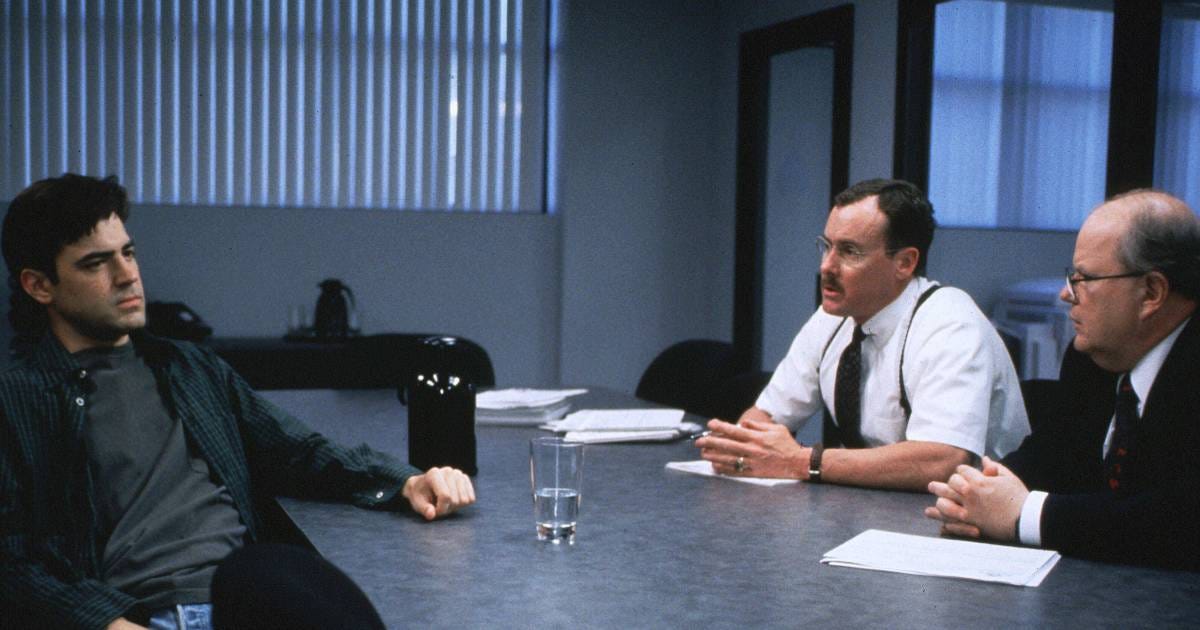Are we having fun yet?
Finding joy despite being trapped in a bureaucratic dystopia

"Everything can be taken from a man but one thing: the last of the human freedoms—to choose one's attitude in any given set of circumstances, to choose one's own way."
—Viktor Frankl
Despite advancements and conveniences, modern life often feels like an endless series of monotonous tasks. The phrase ‘are we having fun yet?’ can easily be read with a tinge of irony considering the tedious, paint-by-numbers activities we all endure: taxes, paperwork, dealing with customer service, scheduling appointments, dismissing mobile device alerts and other repetitive chores, many of which are really just modern submission rituals. It seems trivial, but taken together they consume a decent portion of our lives, leading us to question whether our ancestors, with their direct connection to survival, might have led a more fulfilling, albeit precarious time here on Earth. I also think all this probably felt less dystopian for the baby boomer demographic, where anxiety/depression weren’t up, the birthrate wasn’t trending down, young people weren’t unhappy, inflation hadn’t spiraled out of control, people weren’t downwardly mobile, etc.
Our modern age has made many aspects of life easier, but paradoxically this simplification brings its own complexities. Think about a simple example like filing taxes. This annual ordeal involves gathering emails and receipts, understanding ever-changing regulations, and grappling with forms that seem intentionally designed to confuse. In the words of Albert Camus, "the struggle itself towards the heights is enough to fill a man's heart." But does the struggle of filling out tax forms fill our hearts? It's debatable. And, you don’t really have a choice but to do it. Many such cases.
The recent South Park special tackles the insane maze of health insurance, having personally gone through this I understand fully the nihilism this can generate, watch this brief clip from it if you haven’t below…
Life now demands we navigate an array of institutional dystopias well beyond just taxes: applying for loans and renewing licenses to managing institutions that actively hate us such as health insurance which I just mentioned, the bureaucratic landscape is bleak and unrelenting. German sociologist Max Weber famously warned of the ‘iron cage’ of bureaucracy, where busywork governs our lives. Our ancestors might view our complaints with incredulity, as their survival hinged on the success of a hunt or the yield of a crop. These high stakes forced a direct engagement with life's fundamental necessities, offering a rawness that modernity lacks. This is likely a reason apocalyptic movies have such appeal: they are a return to such immediacy, and that feels seductive, even freeing.
The trade-off for this rawness was of course constant insecurity and the unpredictability of nature dictated every aspect of existence. In contrast, modern society provides a safety net: food security, healthcare, and social welfare systems (which you pay into, might never benefit from and many are now outright grifts, mind you). When they actually work such advancements have improved our quality of life but have also insulated us from the immediacy of survival, replacing primal challenges with bureaucratic ennui.
Philosopher Hannah Arendt notes that the sad truth is most evil is done by people who never make up their minds to be good or evil. This applies well to the mundane: much of modern life is shaped by people who never consciously choose boredom or excitement. They become passive recipients of routines and expectations, losing the agency that our ancestors exercised daily, fully submitting to life in the longhouse.
Modernity's trials are less about survival and more about navigating a web of (frequently broken) interdependencies. This shift has led to what sociologist Émile Durkheim called "anomie," a state of normlessness where people feel disconnected from the collective consciousness. Our ancestors, for all their hardships, never felt this existential disconnection, their lives were too entwined with the immediate realities of survival and community. We are spared the immediate threats of starvation and predators, but face a different kind of trial: finding meaning and fulfillment amidst an infinite list of trivialities and decaying infrastructure. Things like AI potentially threaten things further if culture continues to decay: turning any meaningful work like art and creativity we have left into joyless form completion, and potentially neutering humanity. You might have to continue working harder to not become stuck, and upward mobility could still become a thing of the past if de-growthers have their way.
So, are we having fun yet? Perhaps not in the traditional sense, but by at least trying to recognize the value in our routines and the security they afford when they do work, we might find a deeper appreciation for the complexities of modern life. Our task, then, is to navigate these trials with a sense of perspective, finding joy not in the tasks themselves, but in the stability and opportunities they provide, acknowledging their greater importance and the tradeoffs we’ve made. I’m not a luddite and don’t wish to go back to a pre-technology world, but think we must do better and need more people to take decisive action before things decay further (tech used right should help us).
The best case scenario: culture improves, we get AI right/automate existing (increasingly broken) systems, forcing us to reevaluate our priorities, stop grifting our fellow citizens at every turn, end degeneracy and confront the transcendental once again.



The rate of "how did things get like this?" encounters with faceless, useless bureaucracies is getting out of hand.